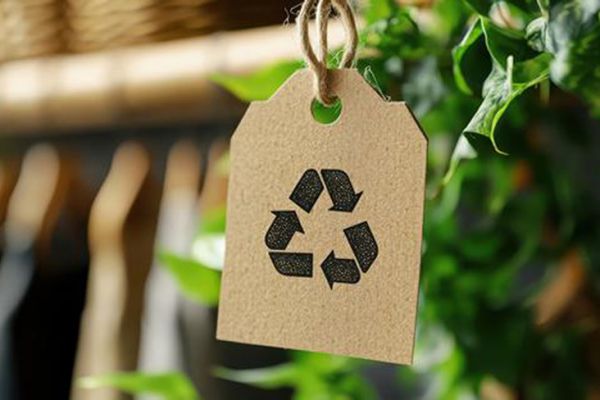Environmental claims remain a subject of attention for the authorities and players in the packaging sector, as evidenced by the work of the CNE and controls carried out by the DGCCRF. The Conseil national de l'emballage (CNE) has released an analysis of the opinions issued by its expert committee since 2013, echoing the findings published last month by the Direction générale de la concurrence, de la consommation et de la répression des fraudes (DGCCRF).
Two-thirds of the CNE's recommendations led to corrections on packaging
Created in 1997, the CNE, which brings together all players in the packaging value chain, has since 2013 had a committee specializing in the examination of environmental claims relating to packaging, at the request of professionals or institutions.
Since the start of this advisory work, two-thirds of companies that have received an unfavorable opinion have taken corrective action. The CNE does not detail the nature of the claims targeted or the types of modifications made, but emphasizes that this approach contributes to the dissemination of best practices in the sector.
Vague or prohibited wording identified by the DGCCRF
This analysis complements the findings of the DGCCRF, which conducted a targeted survey in 2023 on environmental claims in the non-food and services sectors.
Of the 1,317 establishments inspected, a quarter showed anomalies. The investigating departments issued 181 warnings, 198 injunctions and 25 administrative or criminal proceedings.
The DGCCRF has identified recurring abuses. Numerous claims deemed "globalizing such as "eco-responsible delivery or "preserve the planet without any justification or indication of measurable environmental impact. It also found that certain indications, such as "organic cotton or "ecological product have been affixed without proof or in contradiction with the rules of the environmental code.
The report also highlights the prohibited use of terms such as "environmentally friendly on chemical products classified under the CLP regulation. Article 25 of European regulation 1272/2008 prohibits any statement likely to mislead as to the non-hazardous nature of a classified product.
Increasing pressure on product communication
The DGCCRF reports that most companies are now in compliance. However, in view of the rapid increase in the use of environmental claims in marketing, the DGCCRF has announced that it will be stepping up controls in the near future. These practices must be based on verifiable data and avoid any ambiguity likely to mislead consumers.
For its part, the CNE is continuing its work to support packaging professionals. The organization says it remains available for any requests for clarification or technical advice on the formulation of compliant claims.








